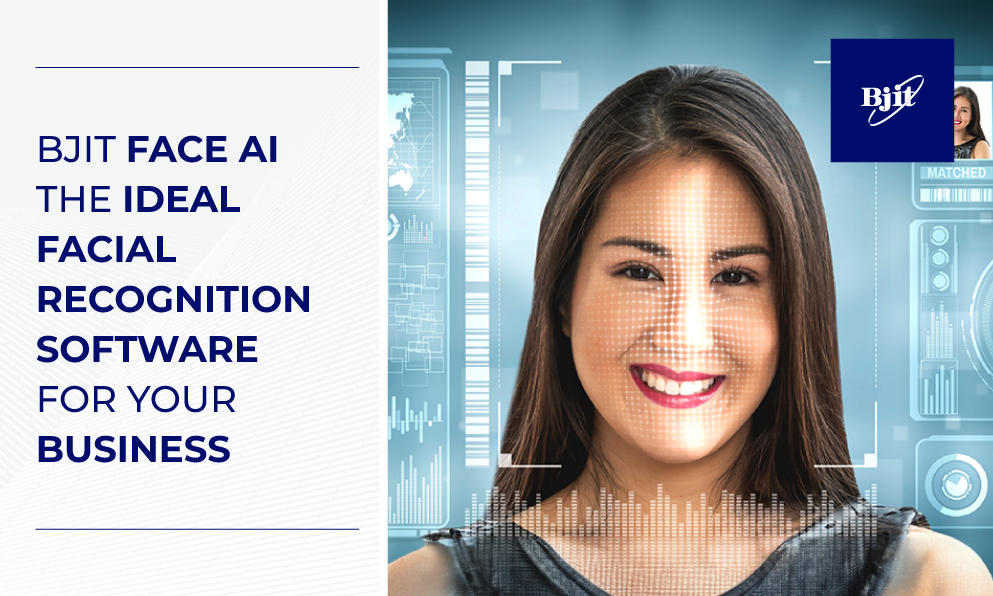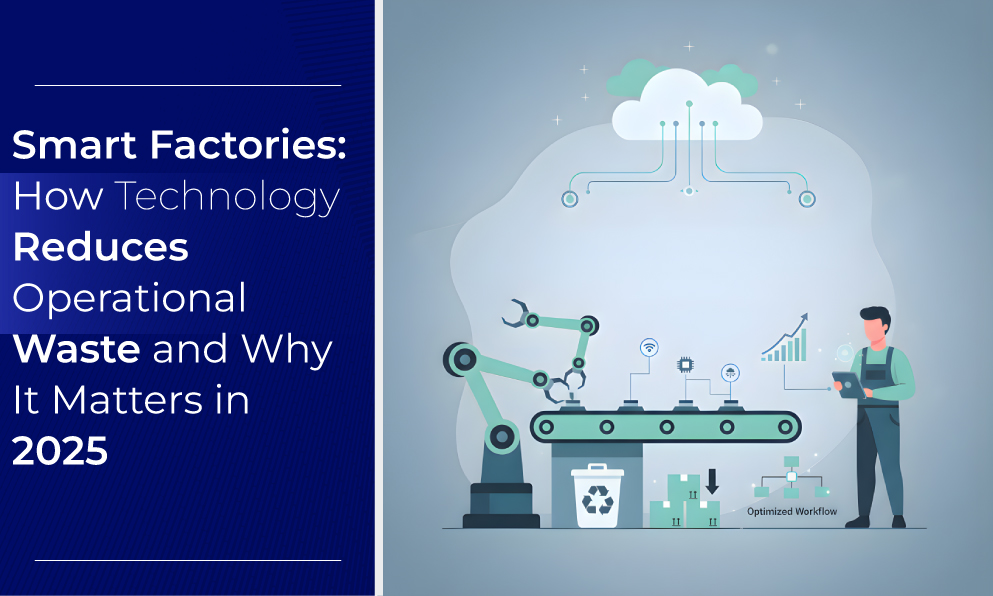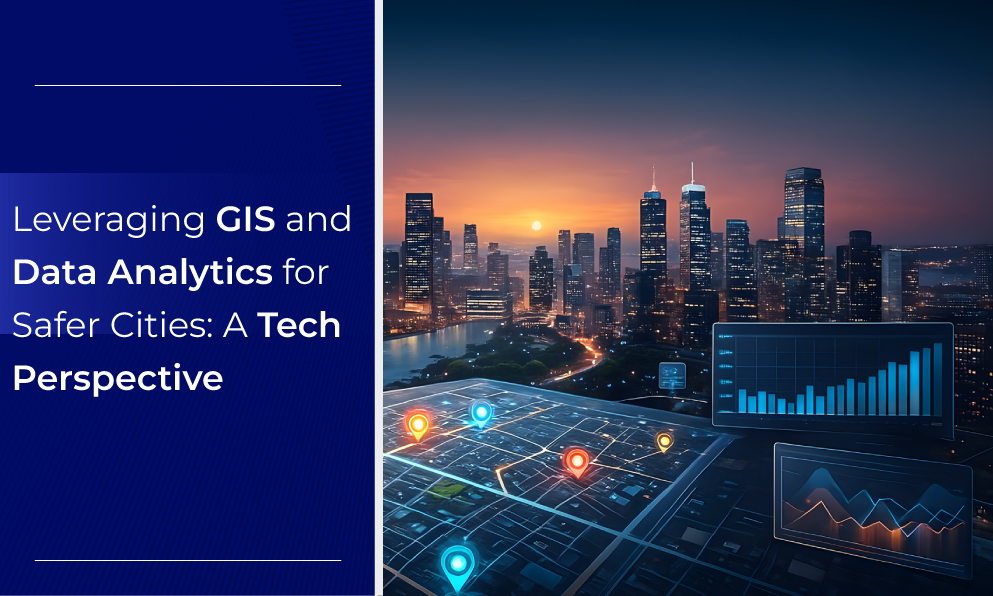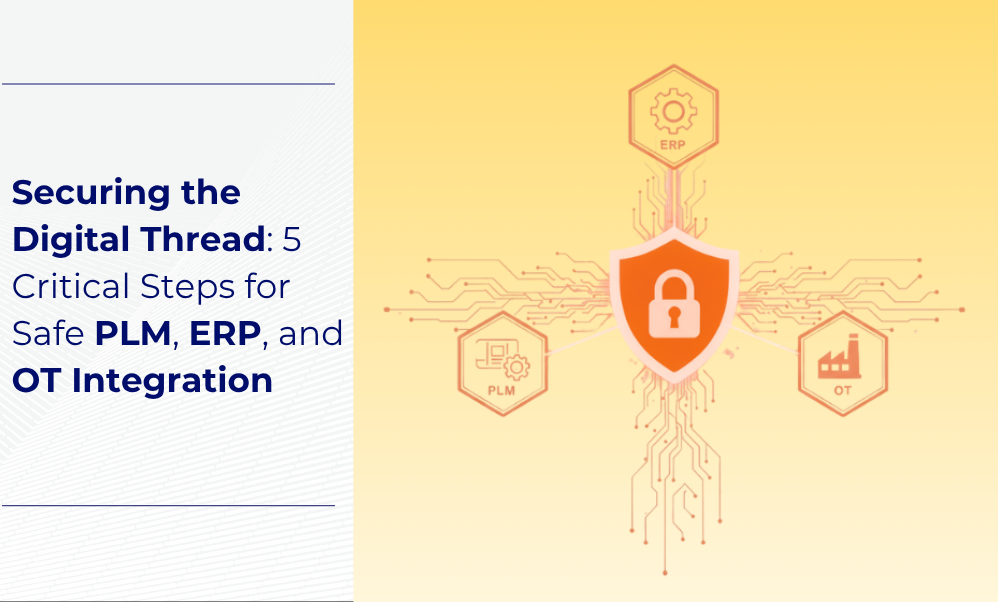In today's rapidly evolving corporate environment, businesses are increasingly adopting facial recognition in the workplace to streamline operations and bolster security.
BJIT's innovative product, FaceAI, is leading the way. It offers an advanced solution for managing employees, ensuring safety, and optimising workplace efficiency. However, the implementation of facial recognition raises important questions about privacy and data security, which companies must address to gain the trust of their workforce.
The Benefits of Facial Recognition in the Workplace with BJIT's FaceAI
According to a study, the facial recognition market was estimated at roughly five billion U.S. dollars in 2022. It is projected to grow, reaching 19.3 billion U.S. dollars by 2032. Facial recognition technology uses artificial intelligence (AI) to identify a person by reading their facial features.
Facial recognition technology has revolutionised various sectors, offering a range of benefits that enhance security, convenience, and efficiency.
1. Enhanced Security and Safety
Facial recognition in the workplace, powered by BJIT's FaceAI, provides an unparalleled level of security. Utilising state-of-the-art biometric data, FaceAI allows companies to control access to sensitive areas, ensuring that only authorised personnel can enter. This technology significantly reduces the risk of unauthorised access, theft, and workplace violence. Moreover, FaceAI's facial recognition can help monitor employee movements within the workplace, creating a safer environment for everyone.
- Key Benefits:
- Prevents unauthorised access to secure areas.
- Reduces the risk of workplace theft and violence.
- Enhances overall workplace safety with real-time monitoring.
2. Streamlined Employee Management
Managing a large workforce can be challenging, but facial recognition in the workplace with BJIT's FaceAI simplifies this process. By automating attendance tracking, FaceAI eliminates the need for manual timekeeping, reducing errors and saving time. This technology also allows for real-time monitoring of employee presence, ensuring that managers have accurate data to make informed decisions.
- Key Benefits:
- Automates attendance tracking with precision.
- Reduces timekeeping errors and administrative burdens.
- Provides real-time data for better management decisions.
Privacy Concerns and Ethical Considerations
1. Addressing Employee Privacy
While the benefits of facial recognition in the workplace are clear, privacy concerns cannot be ignored. Employees may feel uncomfortable with the constant monitoring of their movements and the collection of their biometric data. To address these concerns, BJIT has implemented transparent policies within FaceAI that outline how facial recognition data will be used, stored, and protected. Clear communication is critical to ensuring that employees understand the purpose of this technology and feel comfortable with its use.
Key Considerations:
- FaceAI includes robust data protection measures.
- Secure storage of biometric data is a priority.
- Transparent communication with employees about the technology’s purpose.
2. Legal and Ethical Implications
The use of facial recognition in the workplace also raises legal and ethical questions. Companies using BJIT's FaceAI must comply with data protection laws, such as the General Data Protection Regulation (GDPR) in Europe, which governs the collection and processing of personal data. Additionally, ethical considerations, such as the potential for bias in facial recognition algorithms, must be addressed to ensure fair and equitable treatment of all employees.
Key Considerations:
- Compliance with data protection regulations is ensured by FaceAI.
- BJIT addresses potential biases in FaceAI’s algorithms.
- Ethical use of technology is a core value.
Future of Facial Recognition in the Workplace
As technology continues to advance, the use of facial recognition in the workplace with BJIT's FaceAI is expected to become even more widespread. Future developments may include integration with other biometric technologies, such as fingerprint or voice recognition, to create multi-layered security systems. Additionally, advancements in artificial intelligence could lead to more accurate and reliable facial recognition systems, reducing the risk of errors and biases.
- Future Trends:
- Integration of FaceAI with other biometric technologies.
- Advancements in AI for more accurate facial recognition.
- Increased adoption of faceAI across various industries.
Conclusion
Facial recognition in the workplace is a powerful tool that can enhance employee management and safety when implemented thoughtfully and ethically. BJIT's FaceAI stands at the forefront of this technology, offering robust solutions for modern workplaces. By addressing privacy concerns, complying with legal requirements, and continuously monitoring the system's performance, companies can successfully leverage FaceAI to create a secure and efficient workplace.
FAQs
1. How does FaceAI work in the workplace?
BJIT's FaceAI uses advanced facial recognition technology to identify employees and control access to specific areas. Cameras capture images of employees' faces, which are then compared to stored data to verify their identity. This technology can also be used for timekeeping and monitoring employee movements within the workplace.
2. What are the benefits of using FaceAI for facial recognition in the workplace?
The key benefits of using FaceAI for facial recognition in the workplace include enhanced security, streamlined employee management, and improved workplace safety. FaceAI automates attendance tracking, reduces errors, and ensures that only authorised personnel can access secure areas.
3. Are there privacy concerns with using FaceAI for facial recognition in the workplace?
Yes, privacy concerns are a significant consideration when implementing facial recognition in the workplace. BJIT addresses these concerns by incorporating robust data protection measures into FaceAI, ensuring secure storage of biometric data, and maintaining transparent communication with employees.
4. Is the use of FaceAI legal in the workplace?
The legality of using FaceAI for facial recognition in the workplace depends on the jurisdiction and specific regulations governing data protection and privacy. Companies using FaceAI must comply with relevant laws, such as the GDPR in Europe, and ensure that they are using the technology ethically and responsibly.
5. How can companies ensure the ethical use of FaceAI for facial recognition in the workplace?
To ensure the ethical use of FaceAI for facial recognition in the workplace, companies should implement transparent policies, address potential biases in facial recognition algorithms, and comply with all relevant legal requirements. Regular monitoring and employee feedback are also essential to maintaining ethical standards.











